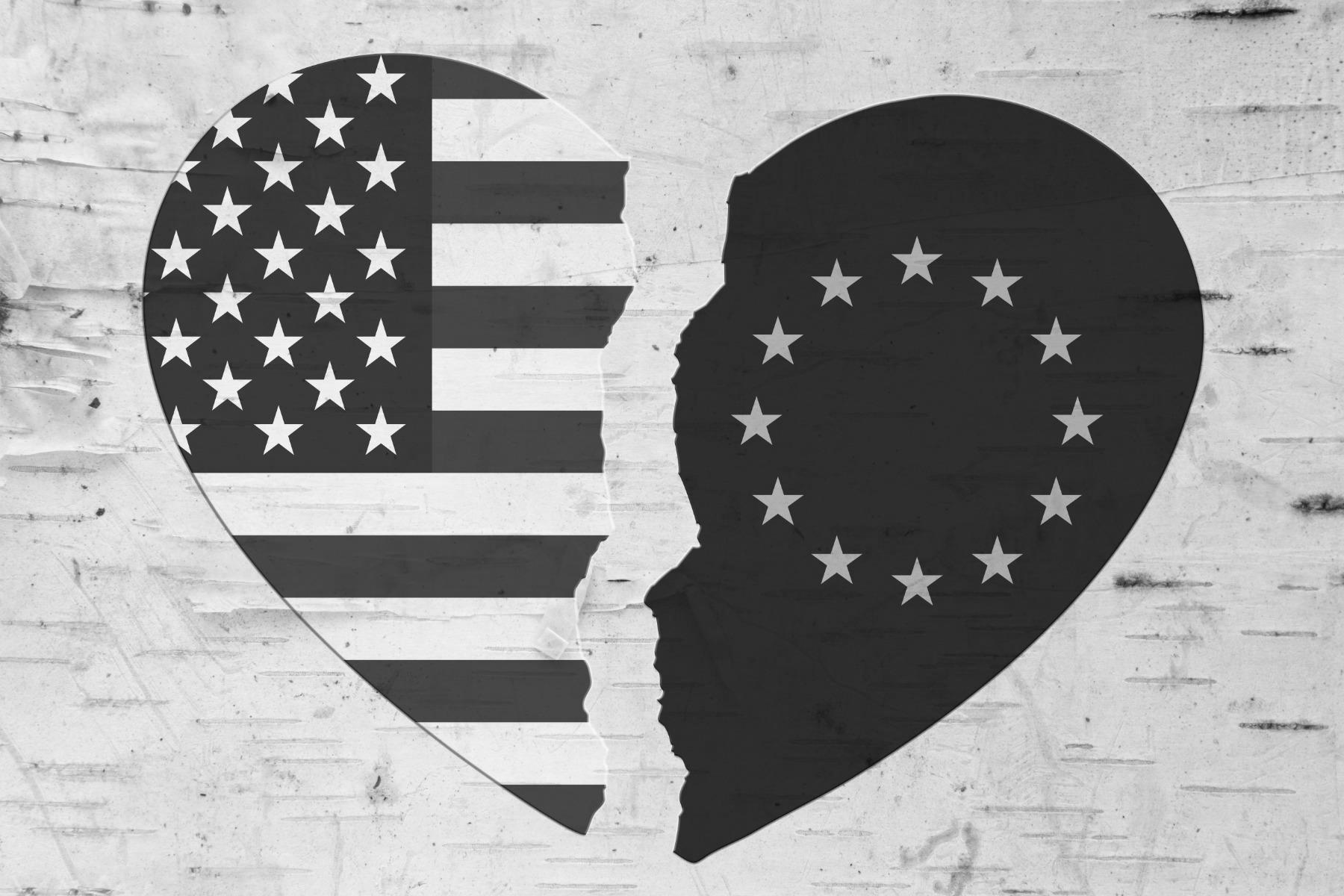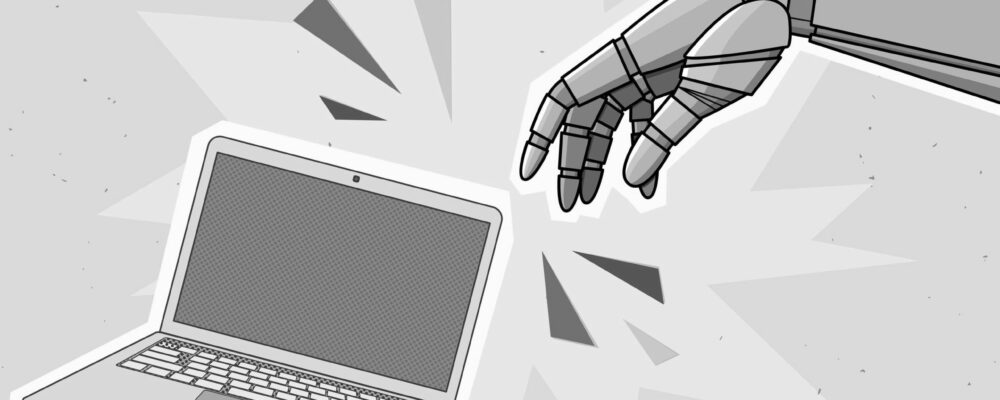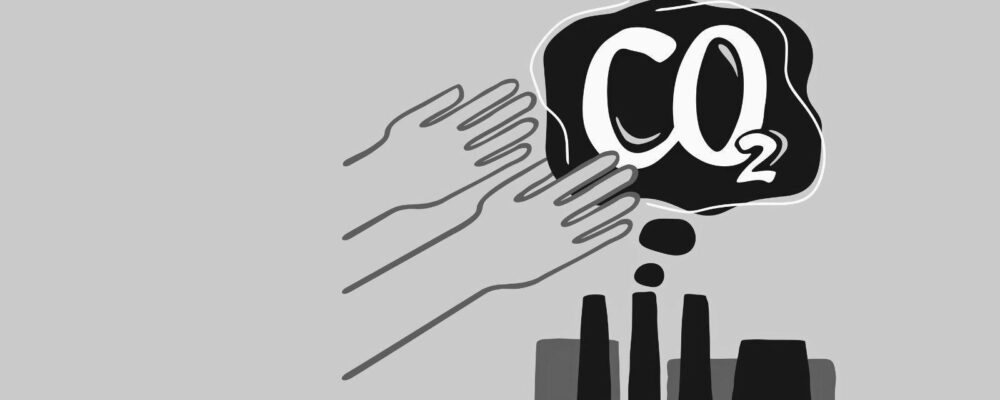
Once again, US President Donald Trump has caught Europe with its pants down. On 13 February, he announced that the United States would negotiate directly with Russia to end the Ukraine War, without European or Ukrainian participation. A day later, his Vice-President told the world’s security elite that a lack of Trump-style “democracy” in Europe was a bigger security threat to the continent than China or Russia. Europeans were left wondering whether the US had merely abandoned them or had turned from ally to rival.
A rational explanation for US policy?
Some ascribed this twin shock to Trumpian flair for chaos, others suggested that they were consistent with the notion that Trump and his team may be Russian operatives who have captured the US executive. Still others interpreted them as an attempt to split Russia from China and to get Europe to take care of itself so the US can focus on its rivalry with China (though overlooking that this may push Europe and others closer to China).
In the end, the explanation may be fairly simple. Trump’s averred aim is to “Make American Great Again”, not “Make the West Great Again.” Trump seems to view the world as a zero-sum game, emphasising wins for the US vis-à-vis all other countries, including allies and friends like Canada. That these wins may in the end make the US poorer does not seem to matter; the key is to beat the other guy.
The United States thus may have mentally reverted to a worldview described by the realist school of international relations: nation states exist in an international context of anarchy and must struggle against each other to survive; the only thing that matters is the economic and military power of your own country relative to that of others. International rules are meaningless, and alliances are temporary arrangements of convenience that shift as needed.
Of course, realism also assumes rational decision-making. And this is apparently in short supply in Washington.
Internally, Trump and his team seem intent on destroying the administrative capacity of the American state (accidentally firing nuclear weapons engineers being a special highlight). Externally, they are alienating the very countries whose help they need if the United States, with a GDP that is now down to about 80 percent that of China’s, wants to prevail.
Singapore’s defence chief Ng Eng Hen evocatively described perceptions of America as having gone “from liberator to great disruptor to a landlord seeking rent.”
Implications for Europe
Europe cannot afford to be passive in the face of these developments. While it is possible that the US may return to a more cooperative foreign policy, hope is not a strategy. Europe must take proactive steps to prepare for a future where it may be forced to defend itself without American support.
In the words of Friedrich Merz, likely the next German Chancellor, Germany and Europe “must be prepared for the fact that Donald Trump will no longer fully accept the promise of assistance under the Nato treaty.”
Europe’s major challenge is that Russia remains a clear and immediate threat. Under Trump’s peace initiative, Russia may retain control of Ukrainian territories it has conquered. A peace thus engineered by the US would not really end the conflict; it would merely temporarily freeze it. After rearming, Moscow would likely direct its attention towards conquering the rest of Ukraine and potentially other neighbouring countries, such as the Baltics.
To check Russian expansion in an age of US indifference or antagonism, Europe must take decisive action, in many respects. Most urgent are efforts to strengthen its military deterrence. Current discussions about increasing conventional military forces, though important, fall short. A conventionally armed Europe remains vulnerable to blackmail by both Russia and the United States: Russia can threaten to use nuclear weapons to win a conventional conflict with Europe; the US can threaten to withhold its nuclear protection against Russia to force European compliance.
Europe must urgently pursue a credible nuclear deterrent. The simplest and most effective route to achieving this goal is to build on the French offer to extend its nuclear protection to Germany and, ideally, the rest of Europe. (The problem with the United Kingdom is not only its issues with anything Continental, but also the fact that UK nuclear missiles are leased from the US.)
Germany, the largest and economically most powerful country in Europe, plays a pivotal role in this. It would be the major beneficiary of an extended French nuclear umbrella, and as such, it would be reasonable for it to pay the lion’s share. With its low debt burden, Germany could easily mobilise the money – what it lacks is the will to do so. It needs to get over itself. Having started two world wars, the country now has the opportunity to be a major player in preventing a third (at least one starting in Europe).
In addition to military security, Europe must also urgently tackle its vulnerability in energy security. The continent’s reliance on external energy sources exposes it to potential blackmail and destabilisation. It is hard to imagine that Europe will be able to protect the shipping lanes and pipelines it depends on for energy imports anytime soon.
To mitigate this risk, Europe must increase domestic energy production. Besides a mix of renewable energy sources, such as wind and solar, Europe should place a renewed focus on nuclear power — preferably next-generation reactors that are safer and less vulnerable.
Once again, Germany emerges as the central actor. Shutting down its nuclear power plants was a major policy error, as was pushing clumsy climate policies that alienated large parts of the population. It is time to correct these mistakes.
Implications for business
Assuming Europe takes up the challenge, we will see a reallocation of resources towards defence and other critical industries, such as locally grown IT. These resources need to be taken from somewhere. It seems likely that the times when Europe could account for 7 percent of the world’s population and 50 percent of its social spending are over. Companies in affected sectors should explore scenarios and possible strategic responses.
Concurrently, the emergence of a multipolar world is becoming increasingly likely, with blocs forming around major players: China, Europe, the United States and possibly also India. Given the protectionist instincts of most of these players and indeed the increasingly likely Great Trade War of 2025, it seems almost certain that trade across these blocs will suffer. This has major implications for exporters and importers as well as international supply chains.
A logical response by larger firms with the necessary resources would be to build up parallel operations in each bloc — along the lines of the “China for China” approach and the current rush to invest in sites in the US. Scale will definitely suffer, as target markets shrink from the world to individual regions. So will knowledge and personnel flows if blocs regard one another as adversaries.
Pushed to an extreme, multinational enterprises may become collections of multiple independent regional organisations without much scope for global strategies. Unless any tangible synergies across regions remain, the logical conclusion would be to spin off these regional operations.
To some extent, what is happening now resembles the political and economic fragmentation in the 1930s. Then, as today, the United States was a major driver. It did not end well. If this time is to be different, much will depend on Europe’s own political leaders.
“INSEAD, a contraction of “Institut Européen d’Administration des Affaires” is a non-profit graduate-only business school that maintains campuses in Europe, Asia, the Middle East, and North America.”
Please visit the firm link to site




